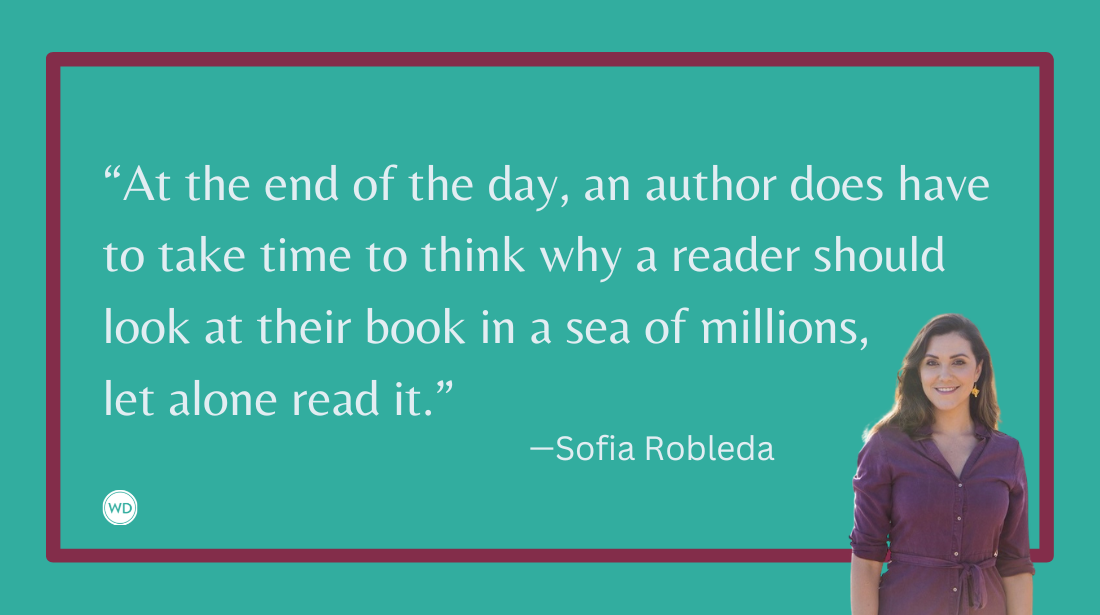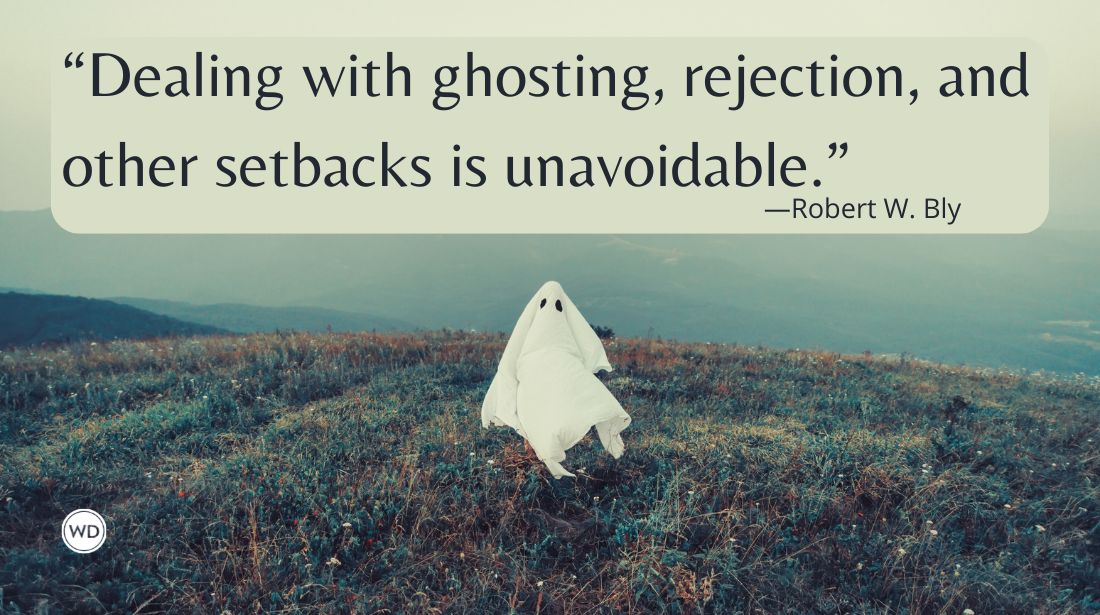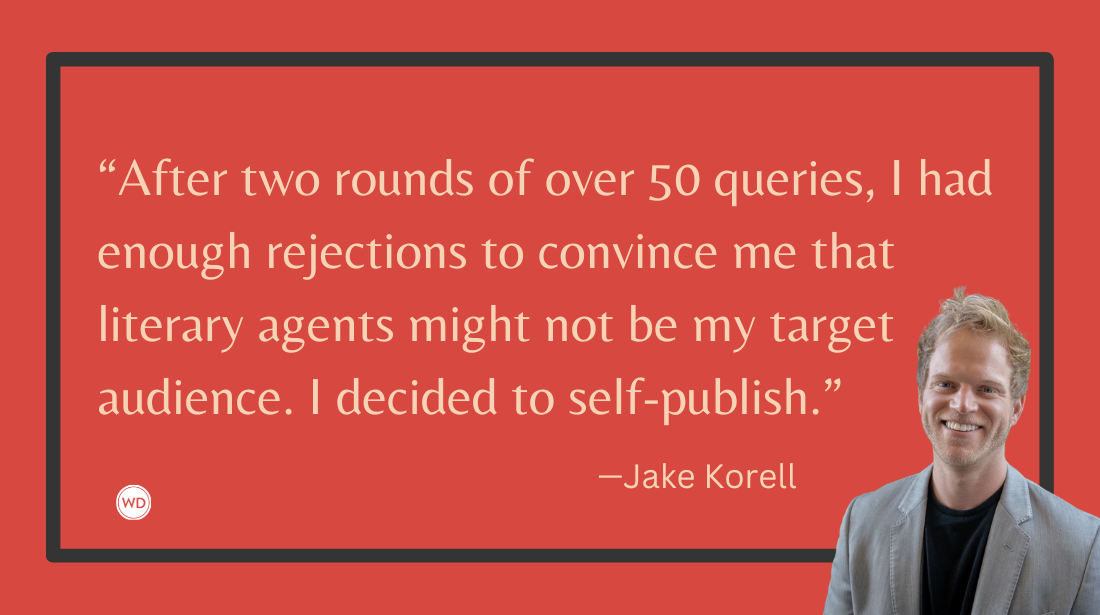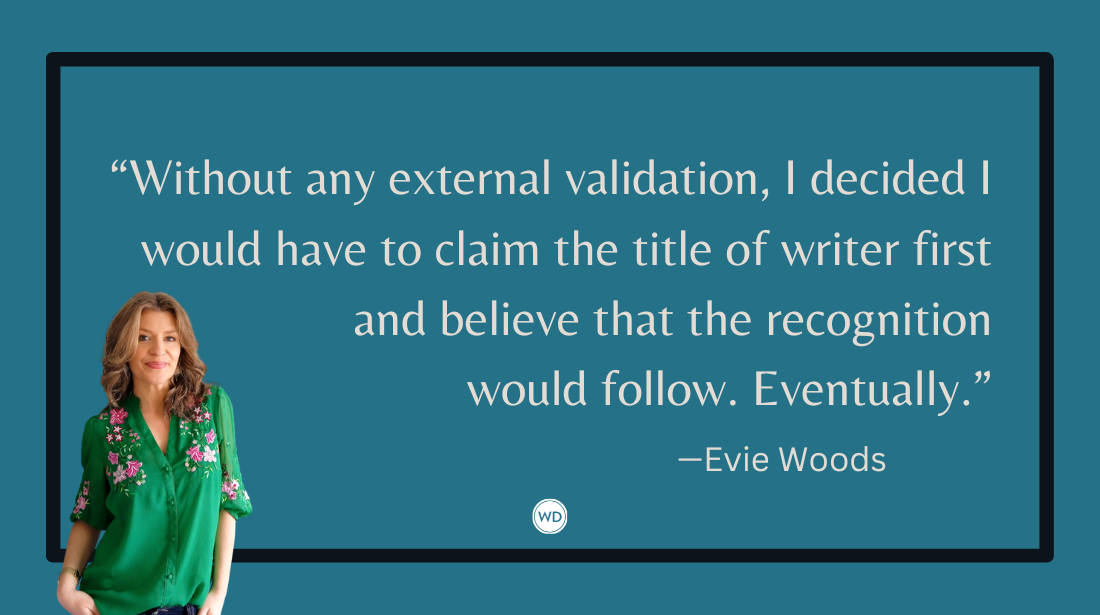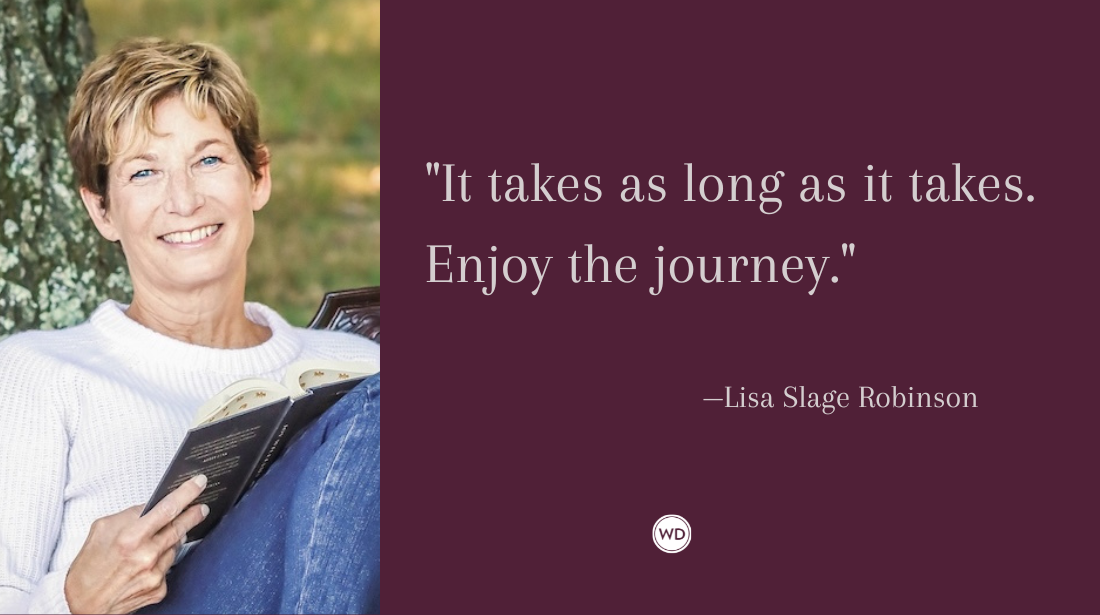Why Writers Should Attend Conferences + 5 Ways to Benefit More From Them
(Pictured above: Jane teaching at the Midwest Writers Guild.)It took me a long time to realize it, but your relationships are among the most important factors in your growth and…
(Pictured above: Jane teaching at the Midwest Writers Guild.)
It took me a long time to realize it, but your relationships are among the most important factors in your growth and success as a writer. Here's a good post explaining why.
For this reason alone, it's imperative that you attend conferences. You may wonder: Isn't social networking supposed to replace all that?
No.
It's a supplement. It can help keep relationships strong after you meet in-person, or it can spark an in-person meeting.
Preferably, you'll use both to establish a vital network. (Read Chris Brogan's take on this here.)
Other reasons you need to attend conferences:
- Your education and insight into the industry will advance exponentially. You'll gain an understanding that's often impossible from just reading about it.
- You will meet agents and editors, and start to see them as real people.
- You may have an appointment or consultation with a publishing professional, and if so, it will shorten your path to publication. You can get the reasons, immediately, that an agent or editor may not be responding favorably to your work.
- You need to connect with a peer group, and find people who can be mentors for you, and/or trusted critiquers.
- You need time away from daily life to reflect on your writing goals and next steps.
Many writers are familiar with the reasons to attend conferences, but not all understand how to get more out of them. Here are 5 ways you can superpower your experience.
- Select a conference where you can meet with a specific editor or agent who is absolutely ideal for your work (after lengthy and intensive research). Get an appointment—but only if you feel like your work couldn't be more ready to pitch. This is important.
- During any formal appointments, plan to talk about 10-20% of the time. [See my post here, The Art of Live Pitching: 3 Rules.] Before meeting, develop a specific list of questions that, if you had the answers, you would know specifically what your next steps are (for your project or your career) when you leave. Read here for information on how to ask the right questions. Do not attend any appointment expecting to be offered a deal or representation. Go for the learning experience and the opportunity to have a professional consultation. That's what it is.
- Closely study the backgrounds/bios of every speaker, agent, and editor who is attending. Be knowledgeable for any chance conversations you have; having this knowledge will also spark questions you could ask during panels or social hours. Don't be the person who asks the obvious question you could've figured out by paying attention to the program. Delve deeper. Make your questions count.
- It's been said before, but I'll emphasize it. Don't miss out on any aspect of a conference. Participate fully. Introverts are not off the hook. You never know who you might meet or what you might learn that could make a difference later.
- Read Chris Brogan's "27 Things To Do Before a Conference."
Next conference I'm attending: Midwest Writers Workshop (Muncie, Ind), on July 29-31. Click here to see my full speaking schedule.
Looking for more information on developing relationships in the context of your writing and publishing platform? You can do no better than Get Known Before the Book Deal by Christina Katz. She discusses how events and conferences can impact your career.
Jane Friedman is a full-time entrepreneur (since 2014) and has 20 years of experience in the publishing industry. She is the co-founder of The Hot Sheet, the essential publishing industry newsletter for authors, and is the former publisher of Writer’s Digest. In addition to being a columnist with Publishers Weekly and a professor with The Great Courses, Jane maintains an award-winning blog for writers at JaneFriedman.com. Jane’s newest book is The Business of Being a Writer (University of Chicago Press, 2018).





